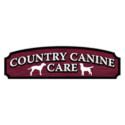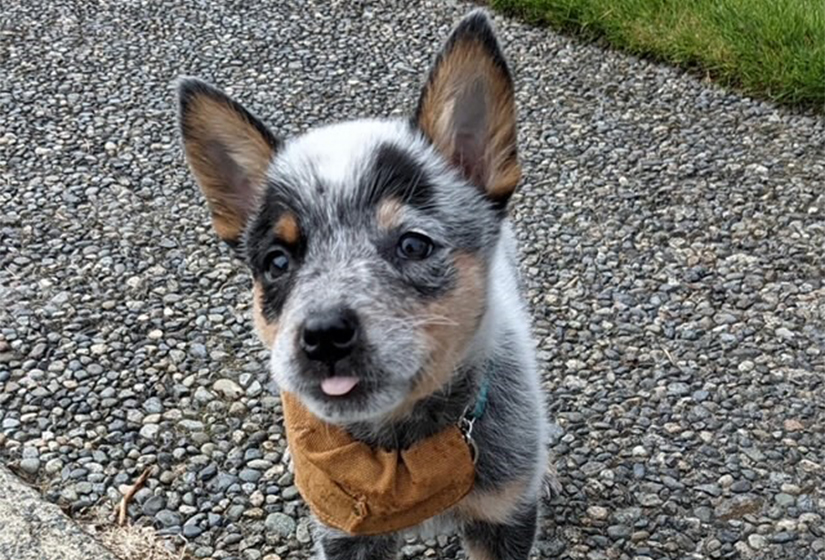Kind Corner: Align, Educate and Invest!


Lisadawn (LD) Shackleford, owner and trainer at Country Canine Care, brings us a thoughtful piece about science-based dog trainers’ critical role in advocating for humane dog training and the importance of building relationships with other professionals.
Let’s get reading!
Align, Educate and Invest!
The idea of education, experience, certification, and regulation is not new to the dog training industry. Our current environment of heightened awareness towards science due to the world pandemic and climate change could be viewed as a timely opportunity. Whether society agrees on whether science is valid, trustworthy, and reliable or not, everyone is talking about science!
With that in mind, there’s no better time than now to offer the public a clear, science-based, and united option for choosing a dog trainer.

As a retired RN, the letters behind my name reflect science and gave patients a sense of comfort knowing that the information they received from me was current, scientific, and specific to their current challenge. They would then hear the same information, perhaps delivered with a different focus or style, from an MD. The letters RN and MD mean the bearer has been educated, has current experience, is certified/licensed, and has a regulatory body that oversees their profession. RNs and MDs are required to provide proof of continuing education and a base number of work hours each year to ensure they are current and safe to practice in their field.
Unfortunately, that’s not the case with dog training, and C. Keith Waugh points out in his January 2010 article, “the lack of organizational support for training is a major source of stress leading to trainer burnout.” It’s easy to recall a situation where we felt unsupported and how uncomfortable the accompanying feelings were, so it’s no wonder that dog trainers experience burnout for this specific reason.
To prevent burnout, it’s vital that science-based dog trainers align, educate and invest!
Align
Align with other regulatory bodies that are already recognized by the public and regarded as scientific, reputable, and positive in the dog world. Aligning with BCSPCA and the AnimalKind program was part of my business plan to highlight the importance of accreditation to potential clients.
Network with dog professionals that are regulated, such as your local veterinarian (DVM) or vet behaviourist (VB). When their clients bring up obedience/behaviour topics, they will be more likely to recommend you. My clients regularly respond, ‘my vet’ when filling out the intake form question ‘how did you hear about me.’
Educate
Educate the public about the certifications/accreditations that are in place for our industry.
Obtain education from a reputable R+ source academy. Stay current and connected. Attend seminars/webinars, make professional connections in the R+ community. Join organizations such as the Pet Professional Guild (PPG) who are committed to science-based force-free training and pet care.

Invest
Invest in a future where regulation and support will be the norm. Until provincial, national, or international regulation is in place, I urge fellow dog trainers to set aside some precious time and energy for nurturing relationships with veterinarians and VBs. Mention current highlights and activities in our industry to clients in your classes, blogs, and newsletters. Invest time each week to nourish your own knowledge base. Attend a webinar, write an article, or reach out to a fellow R+ trainer and start a conversation or collaboration.
On November 14, 2021, the Certification Council for Professional Dog Trainers (CCPDT) announced: “in a joint effort to give a voice to dog training professionals across the US about the adoption of dog trainer licensing legislation, APDT and CCPDT have created The Alliance For Professionalism in Dog Training to advocate for the advancement of dog training as a profession.” While it doesn’t apply to Canada yet, it’s a step towards the ultimate goal of regulation.
As an attendee of the recent PPG Geek Week 2021, I was both inspired and reminded to urge each of us to allocate some time for industry promotion. Avoid wasting your precious resources of time and energy on dominance training-bashing; instead, to quote Zazie Todd Ph.D. from her PPG webinar How to Change Minds and Encourage More People to Use Reward-Based Training Methods, “Be positive and generous … if debunking, it’s really important to limit the amount of time spent on the myth or erroneous information and to be sure that you are spending a lot of time being vivid, telling stories, being as detailed and thorough as you can be on the facts themselves because that’s how we can debunk the information the best. The more we stick to a positive approach, the more things are going to change, and that’s so important for dogs and people living (and working!) with dogs”.
While science remains a hot topic, work along with the public’s heightened awareness of science! Remind the public that dog training is science-based and that positive reinforcement science-based trainers who have the education, certification, and accreditation and who share strong relationships with local veterinarians and vet behaviourists are the safest and best choice for guardians and their dogs!